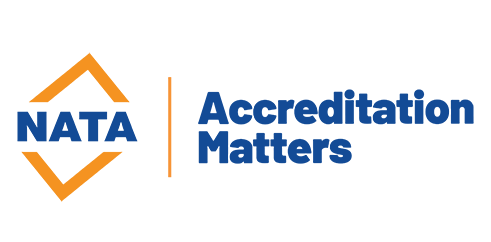
NATA Calibration Services
ISO 17025 Accredited Laboratory | Fast Turnaround | Trusted by 2,000+ Clients
View our official NATA ScopeNATA Calibration at TI
Our in-house lab is ISO 17025 accredited, ensuring accurate, reliable, and traceable calibration services.
With 20+ years of experience, we calibrate everything from pressure gauges to biomedical analyzers.
NATA Calibration
- Fastest Turnaround
- Trusted by 2,000+ Clients
- ISO 17025 Accredited
- In-house & On-site Available
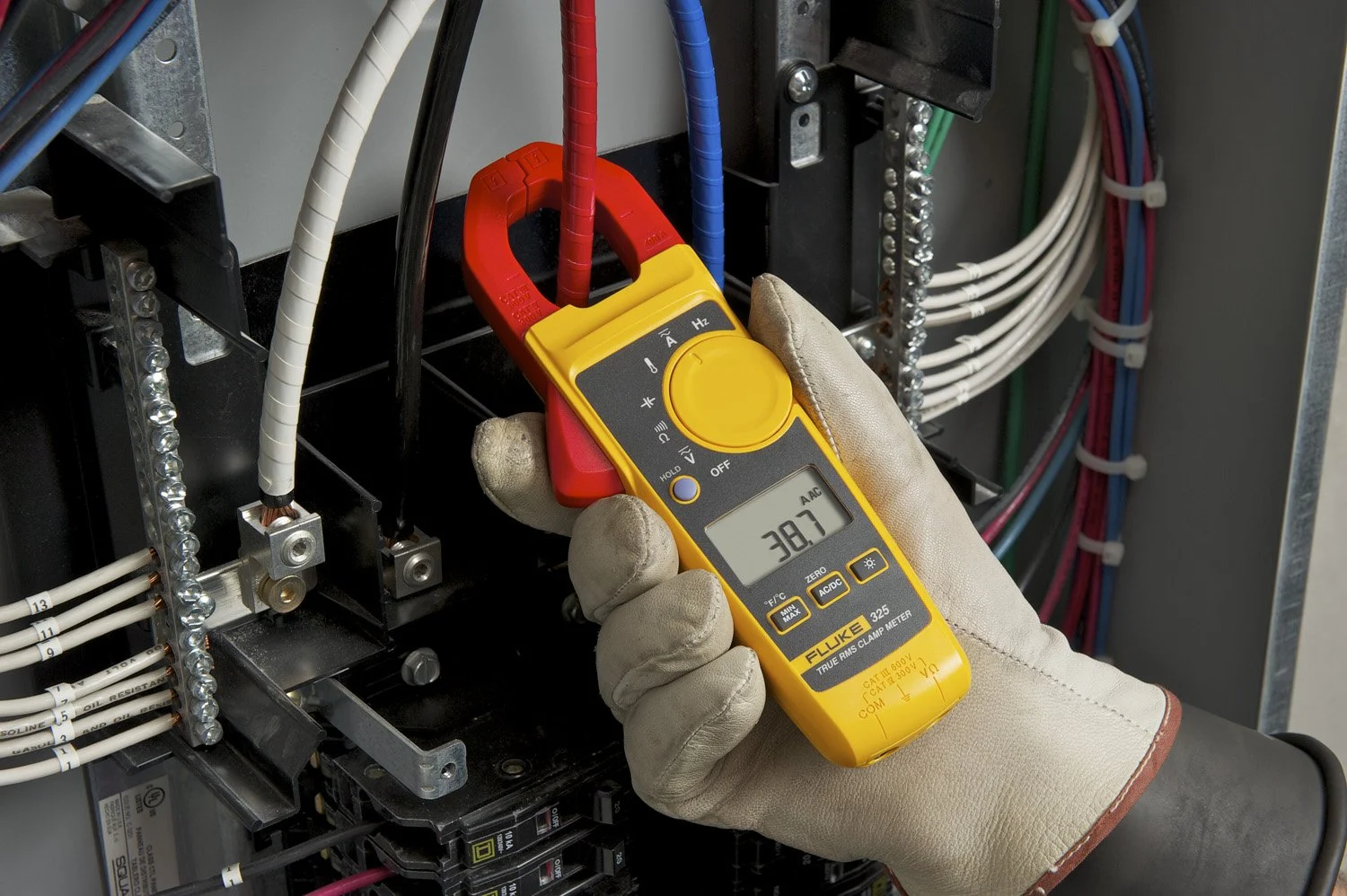
Electrical & Electronics
High-precision calibration for instruments like multimeters, clamp meters and more.
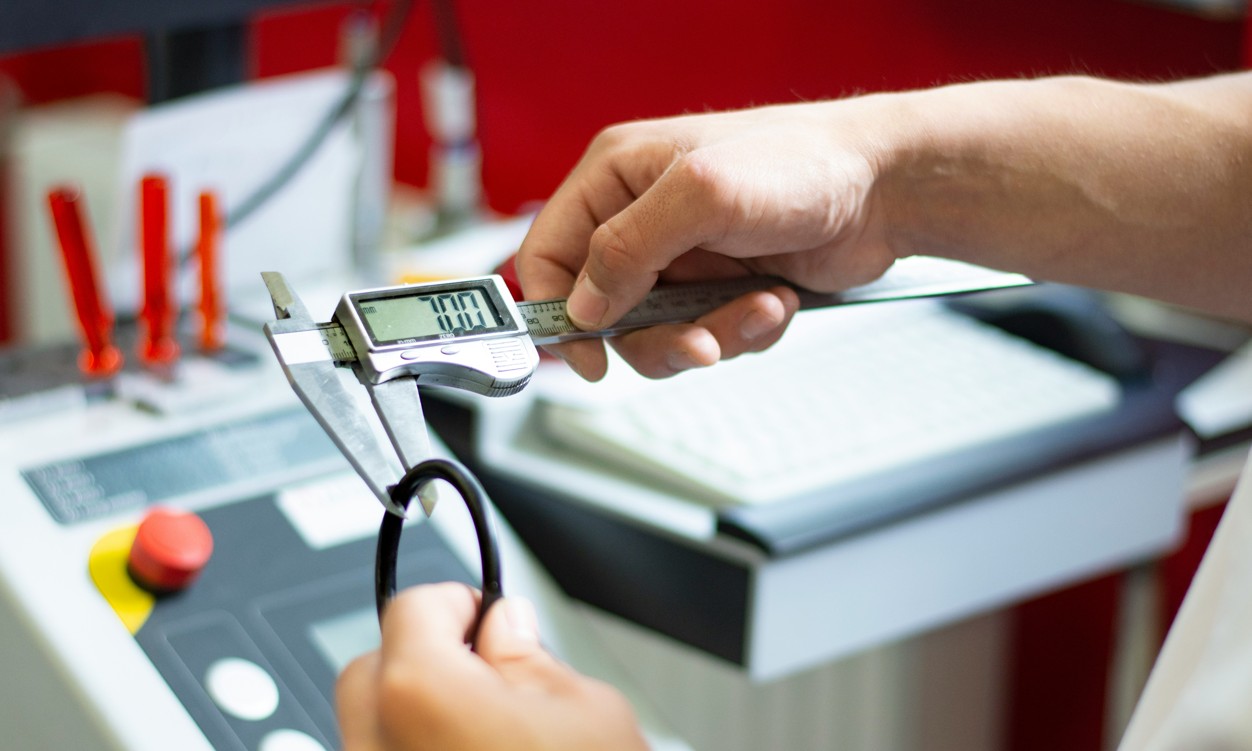
Dimensional
Calibration for calipers, borescopes, dial indicators and other precision tools.
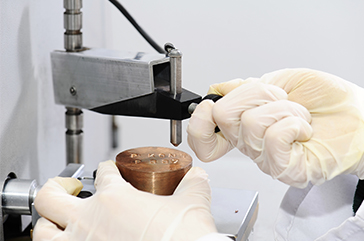
Mechanical
Comprehensive calibration for barometers and other mechanical devices.
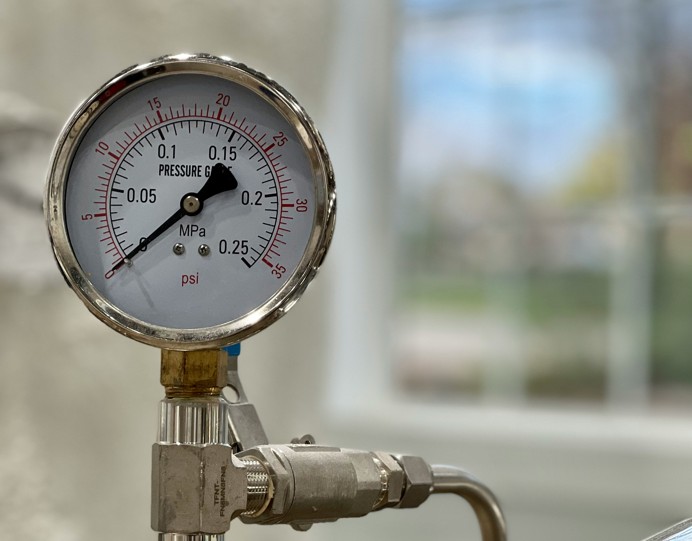
Pressure
In-house precision pressure calibration services.

Torque
NATA-accredited calibration for torque wrenches (2–1000 Nm).
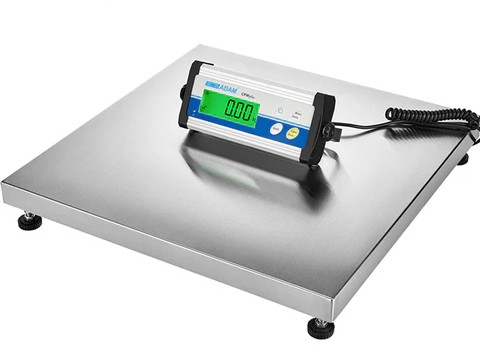
Weight & Mass
Traceable calibration for scales and mass weights.
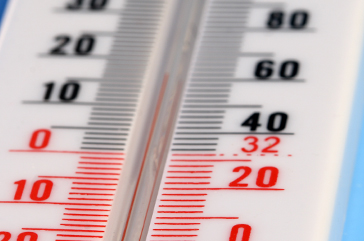
Temp & Humidity
Calibration for probes and temperature sensors.
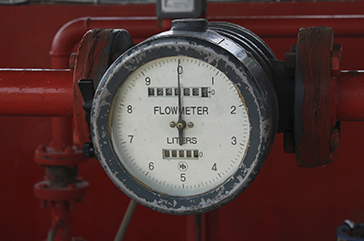
Force & Flow
Force and flow calibration for pumps, valves, and rigs.
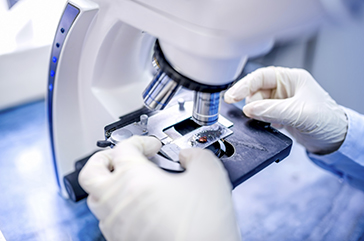
Bio-Medical
Calibration for pipettes, analyzers, and clinical devices.

Electrical & Electronics
High-precision calibration for instruments like multimeters, clamp meters and more.

Dimensional
Calibration for calipers, borescopes, dial indicators and other precision tools.

Mechanical
Comprehensive calibration for barometers and other mechanical devices.

Pressure
In-house precision pressure calibration services.

Torque
NATA-accredited calibration for torque wrenches (2–1000 Nm).

Weight & Mass
Traceable calibration for scales and mass weights.

Temp & Humidity
Calibration for probes and temperature sensors.

Force & Flow
Force and flow calibration for pumps, valves, and rigs.

Bio-Medical
Calibration for pipettes, analyzers, and clinical devices.
We are the Authorised Service centre for Megger
Territory Instruments is an Authorised Service Centre for Megger in Australia. Our technicians can support servicing, verification, and calibration pathways for Megger electrical test equipment, with traceable documentation and fast turnaround.
Download the certificate or open it in a new tab if you’d like a full-size view.
Your Preference, Our Precision
Territory Instruments operates a NATA-accredited ISO/IEC 17025 calibration laboratory, delivering precision that meets your exact needs. Whether you prefer the convenience of on-site service or the thoroughness of in-lab calibration, we provide flexible solutions that minimize disruption while maintaining the highest standards of accuracy and reliability.
NATA-Accredited ISO/IEC 17025 Calibration Lab
Our laboratory maintains full NATA accreditation, ensuring every calibration meets international standards and provides the traceability your operations require.
Accreditation Scope
The lab is accredited for calibrating instruments measuring electrical, torque and pressure parameters. We continue to invest and grow our capability, so watch this space. We can handle other NATA measurands on your behalf through our network of approved sub-suppliers.
On-Site Calibration
We bring our expertise directly to your facility, minimizing downtime and disruption to your critical operations. Our mobile calibration equipment ensures the same high standards whether we're in your plant or our lab.
- Minimal operational disruption
- Flexible scheduling options
- Real-time calibration verification
In-Lab Calibration
For complex instruments requiring detailed analysis or sensitive equipment needing controlled conditions, our laboratory provides the most thorough calibration service with access to our full range of reference standards.
- Comprehensive testing procedures
- Controlled environment conditions
- Access to full reference standard suite
- Detailed analysis and reporting
Calibration Capabilities
Electrical Measurands
Calibration of multimeters, oscilloscopes, calibrators, loop simulators, and power meters with lower uncertainties, crucial for applications requiring high precision in electrical measurements.
Pressure Measurands
Calibration of pressure sensors, transmitters, and gauges ensures accurate pressure readings, vital for safety and operational efficiency in industries like Oil & Gas and Manufacturing.
Torque Measurands
NATA-certified torque wrench calibration to guarantee reliable results, minimize downtime, and meet your safety requirements.
Additional Services
Repair Services
Beyond calibration, we extend our capabilities to repair malfunctioning instruments, ensuring you have fully operational equipment and minimizing the need for costly replacements.
NATA Accreditation
All calibrations are performed with NATA standards and proper certification.
Documentation & Compliance
Each calibration job results in comprehensive documentation, including detailed calibration certificates that document the process, results, and any adjustments made. This documentation is essential for industries where regulatory compliance is mandatory.
Expert Staff
Our laboratory is staffed by engineers and technicians with extensive experience in metrology, equipped with advanced training to handle the latest calibration technologies and methodologies.
Industry Impact
We support sectors where precision in measurement directly impacts operational safety, efficiency, and product quality—aviation, defense, healthcare, and resource extraction—where calibration accuracy is critical.